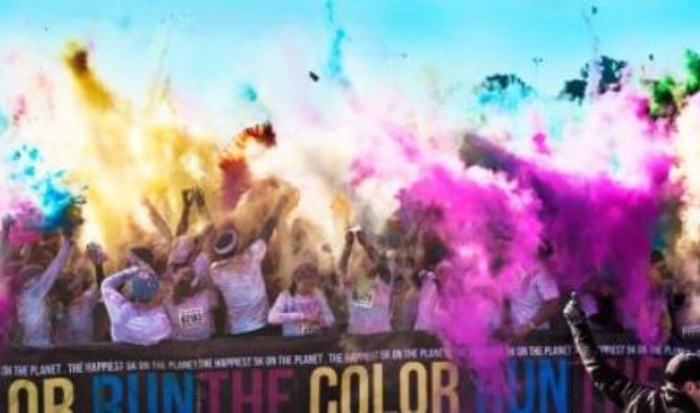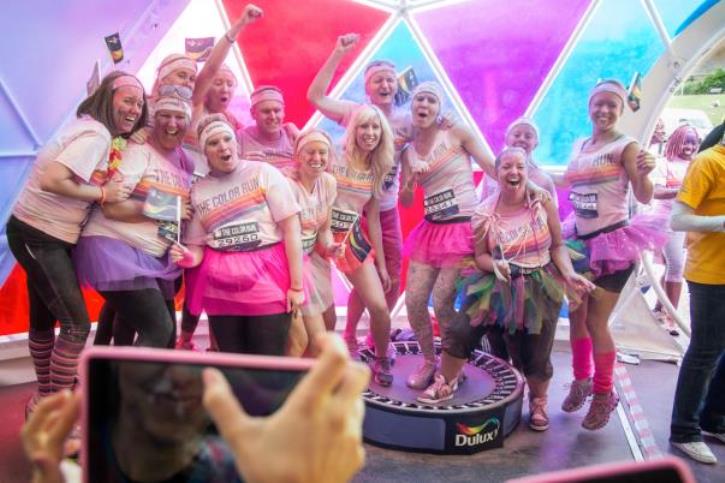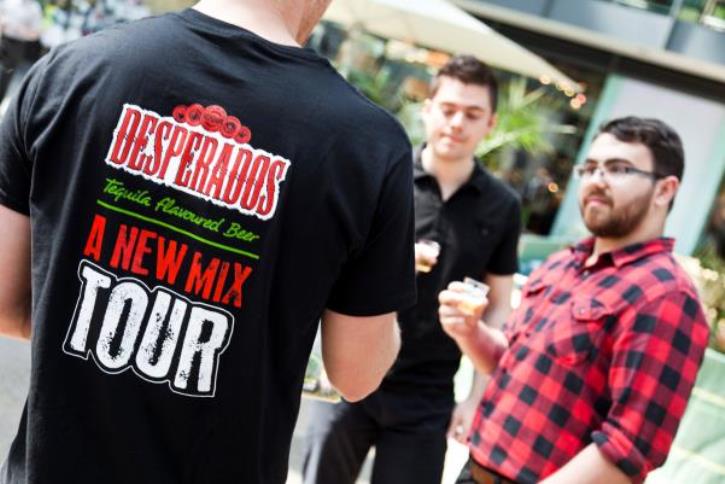The millennial generation offers huge potential to many brands. Yet few companies really understand how to approach and engage this crucial audience effectively.

Who are the millennials?
The first thing that needs clearing up is exactly what defines “millennial” consumers. Definitions do vary, but it’s generally accepted that we’re talking about those born from the early 1980s up to the early 2000s. They are an increasingly educated and influential group of consumers, who are both media- and socially-savvy in equal measures and often defined by their ubiquitous use of technology. They could also be termed the smartphone generation; 76% of Millennials own smart phones globally.
As millennials age, so their purchasing power increases year by year, offering growing opportunities for brands. So what are the best strategies for engaging this distinctive group?
What do the millennials want from brands?
1. Be fun
Fear Of Missing Out (FOMO) on cool things is a big part of life for the average millennial. For brands, that can represent a great opportunity. By creating fun and exclusive live experiences which people can proudly share on their social networks, brands can help millennials boost their social kudos and feel part of the party, not the last one to arrive.

Humour is also a great tool to use. Millennials, more than any other market, are self-deprecators and don’t take themselves too seriously. According to a survey commissioned by Comedy Central, comedy has replaced music, sports, and even “personal style” in helping young adults to define their sense of self. 88% of those surveyed said that sense of humour is vital to it, in fact.
58% of the respondents also said they’ll send a link to a funny video to make “what might be called a special impression” on someone else. To flirt and look cool, basically. Over the past few years link-exchange has become a relatively new but important part of the mating and socialising ritual of millennials. With this in mind, brands need to respond to millennials’ needs and create funny, sharable, viral videos that will give them ‘humour points’ amongst their peers.
2. Be in the right places
As millennials spend a large portion of their time on the web, many marketers wrongly assume that online advertising alone is the most effective way to target to reach them. But a 2013 survey by SocialChorus found that only 6% of millennials trust traditional online ads. In fact, due to such bombardment, millennials are exceptionally adept at ignoring these online ads, with many reporting that they have become completely invisible to them.
To reach millennials, it’s important to recognise that earned and owned media is often more influential than paid media. Engaging live events and immersive brand experiences allow brands to create platforms which tend to be more trusted, more personal and more valued.
3. Be easy to share
Activity shouldn’t just be online, sure. But any other live activity you invest in should certainly embrace social media to capitalise on this market’s desire to share their positive experiences. Consumers – and particularly millennial consumers – love to share content on social media that makes them look good, trendy or cool. They have a lust for iconic, quirky images and “I was there” moments. Events for this market should be designed to produce an enviable profile picture that can fulfil their need to show off just how fun their life is to their peers.

Facilitate this need to share at your events by not only ensuring you have significant Wi-Fi strength and 4G connections but by making social media sharing an integral part of the activation.
Read more about status-maker events here.
4. Be authentic
Perhaps because they have grown up in a world where they have learnt not to trust everything at face value, millennials really value transparency and honesty in brands. This generation is far more aware of marketing and advertising than previous generations – and with this commercial awareness comes scepticism. They see through baseline marketing strategies; if they feel they’re being “marketed to”, they are likely to switch off. Thus brand loyalty can no longer be assumed; it has to be earned.
To gain millennials’ trust, make sure you engage them with your brand’s story and personality in a genuine and heartfelt way. Show you are proud of what you stand for, but avoid being too ‘salesy’. Find the nuggets that differentiate your brand from all your competitors and create engaging stories that bring that to life.
5. Be responsible
Make your brand one that millennials would want to associate themselves with. If your brand projects a socially responsible image and engages in philanthropic activities, millennials will be more likely to want to do business with you.
They have high expectations of a corporate’s social responsibility efforts to make the world a better place; they seek to associate with people and brands that share their values. They care about the environment and social issues and look for opportunities to change the world, both by taking action on their own and by supporting others who do.

After growing up surrounded by economic uncertainty, this market tends to think twice about purchases that they make; they feel the need to justify their purchases. But their conscience can rest easy if they’ve made a purchase that will benefit a good cause.
6. Be personal
Millennials are bombarded by brands day-to-day. So what’s going to make them listen to you? You listening to them. Making it personal. Making them feel involved. Millennials value being heard and consider companies that communicate openly more trustworthy, so gain their confidence by engaging with them directly.
One way you can do this is harnessing user-generated content. 91% of millennials reported that they trust their friends for product recommendations. This presents a huge opportunity for companies to market with millennials rather than to them. Companies that make it easy to share customer experiences, and brands that actively seek input from fans, can transform these millennial customers into extremely effective brand advocates.
7. Be focused
There is the danger of lumping this group into one neat, unified demographic. The millennials are more diverse and heterogeneous than any generation before. What an 18 year old consumer wants is likely to differ greatly from what someone approaching 30 wants. Whilst the bottom end of the group may still be in education, the top-end may even be settling down, having their own children and starting to value different things. So try not to be too generic and broad in your approach and target your activations effectively.
The Millennial Generation is a varied group who are demanding a lot more from brands. Whilst this makes marketing to them a bit trickier, it allows brands greater scope for creativity. Approach it right, and you can expect to find it a very rewarding marketing experience.
